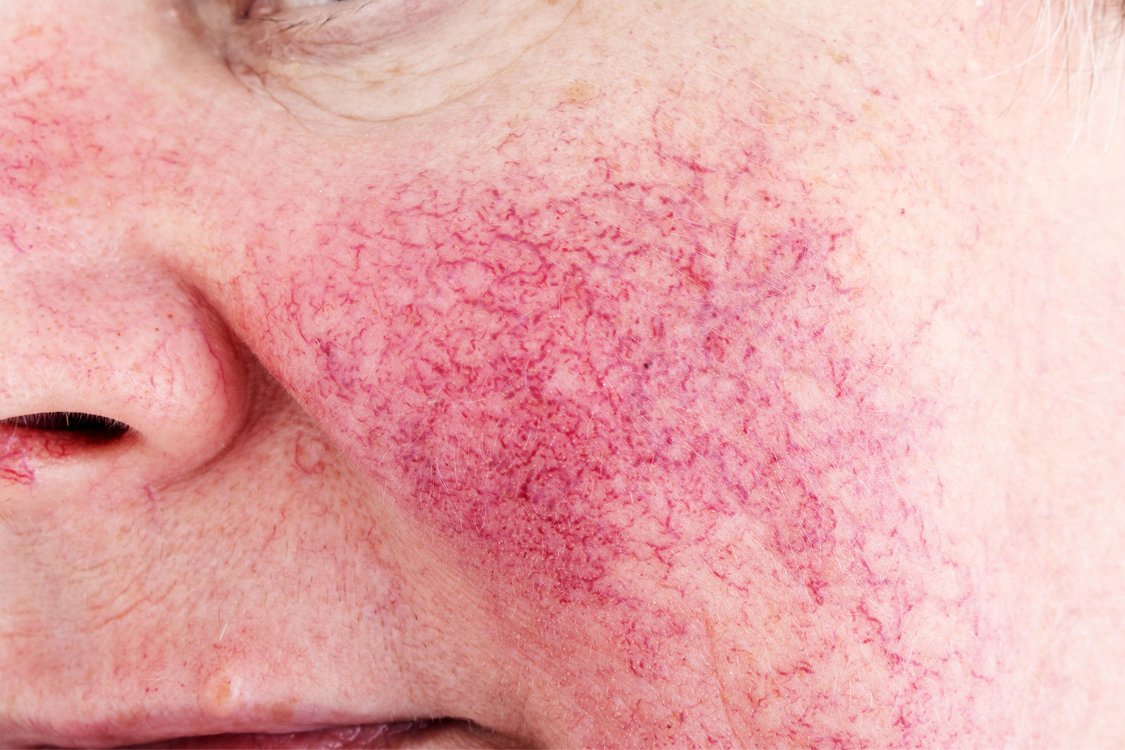Understanding Rosacea: Causes, Symptoms, and Treatment
By Laburrie Beauty

What is Rosacea?
Rosacea is a chronic skin condition that primarily affects the face, causing redness, visible blood vessels, and sometimes small, red, pus-filled bumps. It can occur in anyone, but it most commonly affects middle-aged women with fair skin.
Causes of Rosacea
The exact cause of rosacea is unknown, but a combination of hereditary and environmental factors appears to play a role. Common triggers include:
- Hot Drinks and Spicy Foods: These can cause facial flushing.
- Alcohol: Especially red wine, can trigger rosacea flare-ups.
- Extreme Temperatures: Hot or cold weather can exacerbate symptoms.
- Sunlight: UV exposure can worsen rosacea.
- Stress and Emotional Upset: These can trigger flare-ups.
- Certain Medications: Drugs that dilate blood vessels can make rosacea worse.
Symptoms of Rosacea
Common symptoms of rosacea include:
- Facial Redness: Persistent redness in the central part of the face.
- Visible Blood Vessels: Small blood vessels on the nose and cheeks become visible.
- Swollen Red Bumps: These may resemble acne and sometimes contain pus.
- Eye Problems: Dry, irritated, swollen eyes and eyelids, a condition known as ocular rosacea.
- Enlarged Nose: In severe cases, the nose may become bulbous and enlarged, a condition known as rhinophyma.
Treatment Options
While there is no cure for rosacea, treatment can control and reduce the signs and symptoms. Common options include:
- Topical Medications: Prescription creams and gels that reduce redness and inflammation.
- Oral Antibiotics: These can help reduce inflammation.
- Laser Therapy: Laser treatments can reduce redness and visible blood vessels.
- Skin Care: Using gentle, non-irritating skincare products.
"Effective management of rosacea involves identifying and avoiding triggers, along with prescribed treatments and proper skincare." - Dr. Jane Smith, Dermatologist
Prevention Tips
Preventing rosacea flare-ups involves avoiding known triggers and taking good care of your skin:
- Use a gentle cleanser and moisturizer.
- Protect your skin from sun exposure with a broad-spectrum sunscreen.
- Avoid hot drinks and spicy foods.
- Limit alcohol consumption.
- Manage stress through relaxation techniques.
- Use products designed for sensitive skin.
